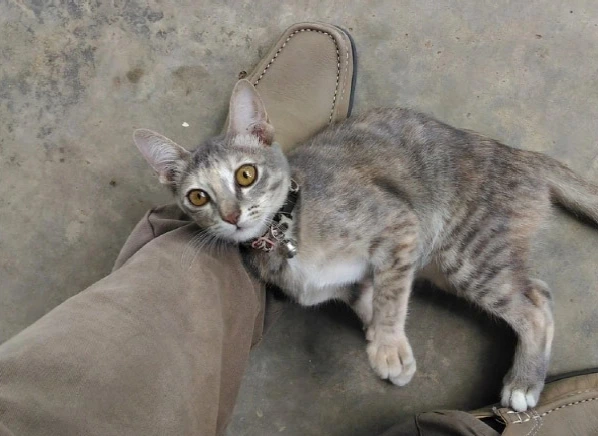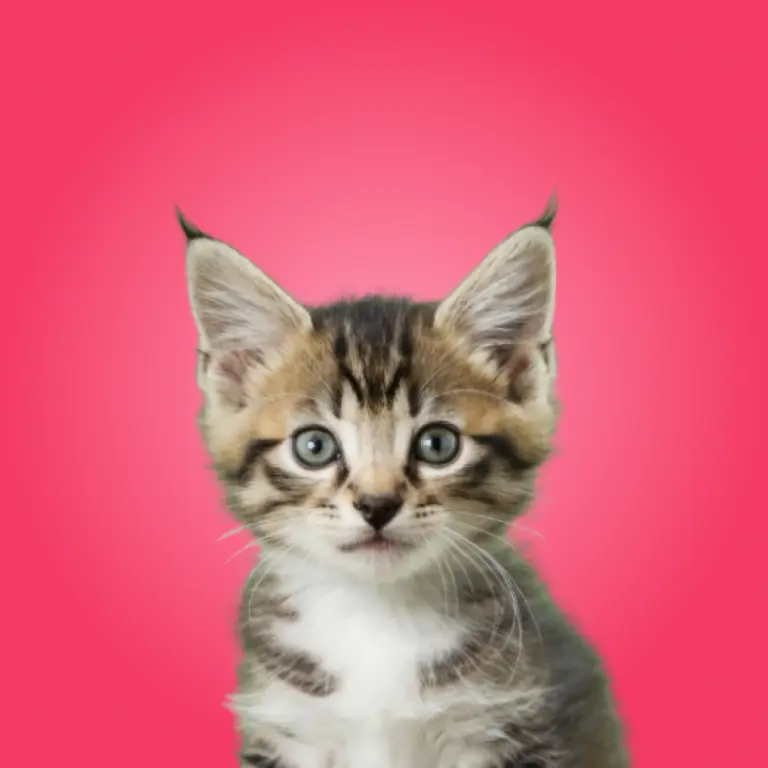Well when i bough neela (my cats name) .
she started to rub against me , i thought it was some way to show affection or trust
well some part is true but its not the case. it can be marking , mating and much more
now if you are curious about it , lets get you a expert on this topic shall we?
What Does Rubbing Against You Indicate?
Cats have scent glands located around their cheeks, chin, the top of their heads, and at the base of their tails. These glands produce pheromones, which are unique chemical signals. When cats rub their face or tail against your legs, other animals, or household items, they are leaving behind their scent, which helps them identify their territory.
This rubbing behavior is instinctual, learned from their mother during kittenhood. In the feline community, rubbing and headbutting are often signs of marking territory, showing acceptance into the group, or expressing greetings and affection. Cats also rub against things to gather information, as their sense of smell is crucial to how they interact with the world.
If your cat chooses to rub against you, consider it a compliment—a sign that they’re welcoming you into their feline world. However, if this rubbing becomes excessive or seems linked to unusual behavior, it’s wise to consult a veterinarian, as it may indicate medical issues.

A Friendly Greeting
When a cat rubs their head or body against your leg, it’s usually a positive sign. This behavior often signals a warm greeting, especially if you’ve been away for a while. Your cat is expressing happiness at your return.
Marking Their Territory
Rubbing against you not only means your cat is saying “hello” or “welcome back,” but they’re also marking you with their scent. Cats are inherently territorial and will claim their owners as part of their domain.
By rubbing, your cat is forming a bond with you, declaring you as part of their territory. This behavior is essential for their comfort, as cats need to continuously refresh their scents to feel secure in their environment.
After being out in the world, your cat wants to reclaim their scent on you, which they do through rubbing, headbutting, licking, or even gentle biting. This ritual helps to release endorphins, promoting feelings of calm, happiness, and safety.
Assessing New Faces
Cats may also rub against new humans or other animals in their environment as a way of assessing them. This behavior doesn’t necessarily mean they want to be petted; instead, it’s more about gathering information and getting familiar with the newcomer.
So, if you meet a new cat, be careful not to interpret this rubbing as an invitation to reach out and pet them right away.
Creating Community Connections
In colonies of cats or among feral cats, rubbing against each other is common. This behavior allows them to leave their pheromones on one another, creating a communal scent. This collective scent helps the group identify each other and keeps peace within the community, this is also a very good reason stray cats rub against your legs.
Cats can detect pheromones that indicate mating, aggression, and health, which helps them navigate the social dynamics of their group.
Signaling Their Needs To You
While we wish our cats could speak to us, they have their own ways of communicating their needs. Rubbing, headbutting, and gentle biting can all signal that your cat requires something from you.
If your cat is rubbing against the cabinet where their food is stored, they are likely indicating that they’re hungry. Alternatively, if they rub against you more forcefully, it may mean something is bothering them—whether it’s illness or simply a reminder that their litter box needs cleaning or their water bowl needs refilling.
It’s important to observe and learn your cat’s behavioral cues so you can respond appropriately when they need your attention.























